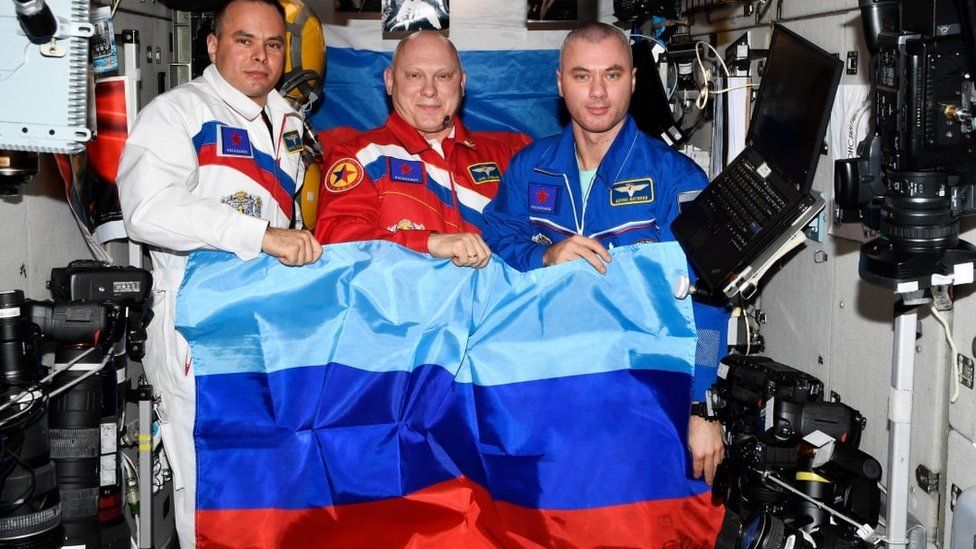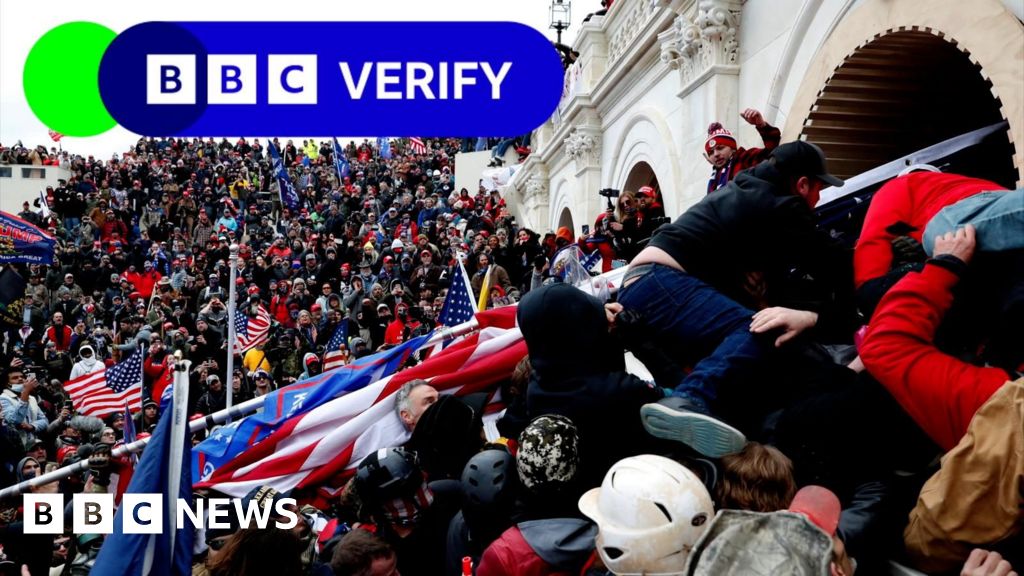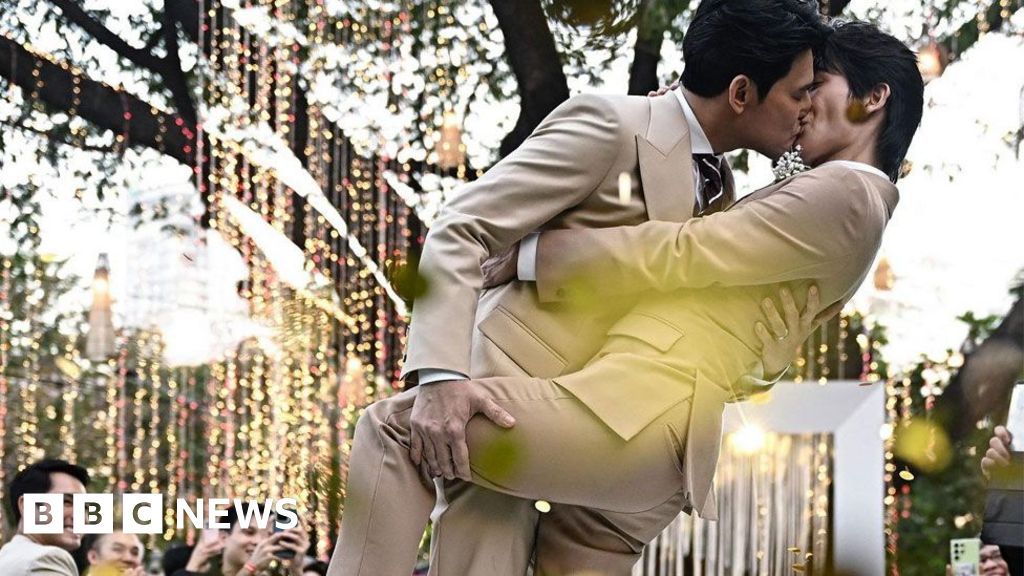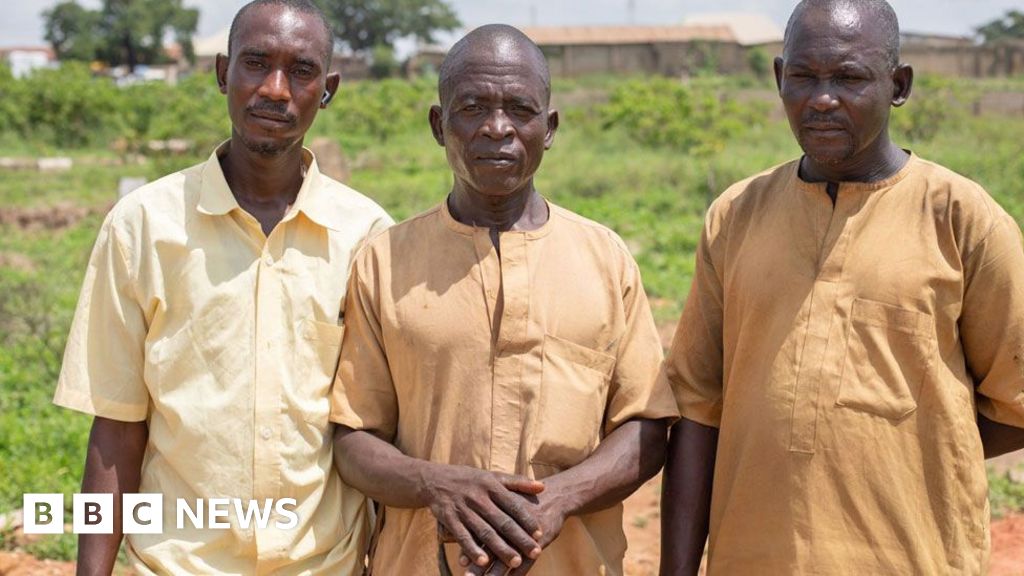ARTICLE AD BOX
By Ben Tobias
BBC News
 Image source, Roskosmos
Image source, Roskosmos
Russian cosmonauts on the ISS recently displayed the flag of the Luhansk People's Republic
Russia says it will withdraw from the International Space Station (ISS) after 2024 and build its own station instead.
The new head of Russia's space agency, Yuri Borisov, said Roskosmos would honour all its obligations until then.
The US and Russia, along with other partners, have successfully worked together on the ISS since 1998.
But relations have soured since Russia invaded Ukraine, and Russia previously threatened to quit the project because of Western sanctions against it.
The ISS - a joint project involving five space agencies - has been in orbit around Earth since 1998 and has been used to conduct thousands of scientific experiments.
It is approved to operate until 2024, but the US had wanted to extend that for six more years with the agreement of all partners.
At a meeting with Russia's President Vladimir Putin, Mr Borisov said the decision had been taken to quit the project after 2024.
"I think that by this time we will start putting together a Russian orbital station," Mr Borisov said, adding that the new station was his agency's top priority.
"Good," replied Mr Putin.
It is not immediately clear what the decision means for the future of the ISS, with a senior Nasa official telling Reuters that the US agency had not been officially informed of Russia's plans.
Cooperation on the ISS between Russia and the US had appeared relatively unharmed by the war in Ukraine, with the two countries signing an agreement earlier this month to allow Russian cosmonauts to travel to the station on US spacecraft and vice versa.
The agreement would "promote the development of cooperation within the framework of the ISS programme", a Roskosmos statement said.
Image source, Reuters
Image caption,The ISS has orbited Earth since 1998
However, the war has hit other areas of cooperation between Russia and the West. The European Space Agency (ESA) has ended its collaboration with Roskosmos to launch a rover to Mars, and Russia has stopped launches of its Soyuz spacecraft from an ESA launch site in French Guiana.
The Soviet Union and Russia have a long history of space exploration, and accomplishments such as putting the first man in space in 1961 remain a source of national pride.
In his meeting with Mr Putin, Roskosmos head Mr Borisov said the new Russian space station would provide Russia with space-based services needed for modern life, for example navigation and data transmission.
Image source, ESA/NASA
Image caption,An image of France and the UK seen from the ISS

 2 years ago
20
2 years ago
20








 English (US) ·
English (US) ·